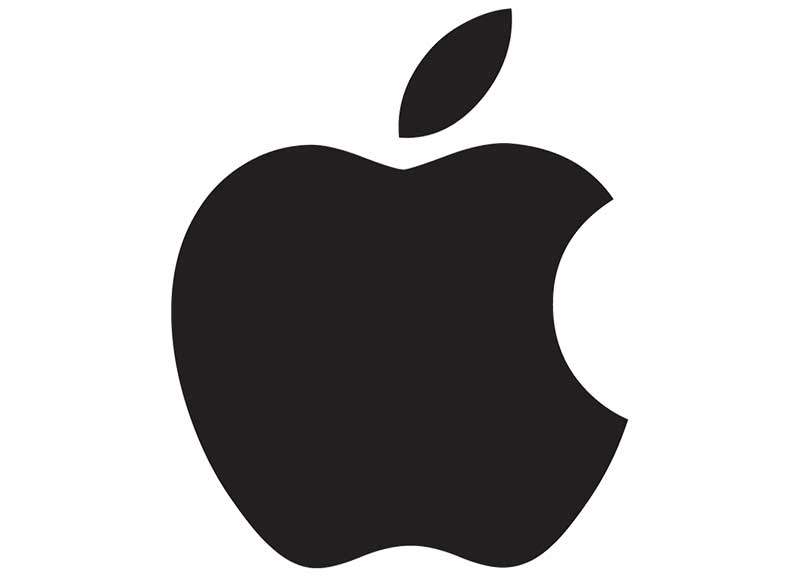 A new report has discovered that 67% of remote workers are using faulty tech when they work remotely and often that’s because they’ve accidentally damaged the tech themselves… they don’t want to admit it to their boss in case they get into trouble.
A new report has discovered that 67% of remote workers are using faulty tech when they work remotely and often that’s because they’ve accidentally damaged the tech themselves… they don’t want to admit it to their boss in case they get into trouble.
A company that sells refurbished technology surveyed 2,500 UK employees.
It found that laptops were most likely to be broken, followed by keyboards, monitors and PCs.
Most of the time the damage was done by spilled food and drink. Other causes of damage included other people in the house – such as a partner or housemates – and of course, pets.
We’ve all watched in horror as a cat brushes itself against a full glass of water next to a laptop…
While more than half of people try to fix the damage, and 81% of people continue to use their faulty device with limited features, a third of workers switch to their personal devices instead.
As well as this causing a loss of productivity, it could also be a huge data security risk for your business.
Because it’s possible their personal laptop doesn’t have as much security protection as their work laptop does, such as:
- Security software
- Data encryption
- Enhanced password protection such as multi-factor authentication
Their personal devices also aren’t being monitored by your IT support partner.
When an attacker gains access to an unmanaged device, if it’s connected to your network, it’s possible they can get access to the wider network, and all of your business’s data.
This can result in your data being stolen and sold. Or worse, your data being encrypted so it’s useless to you – and you must pay for its return. This is called a ransomware attack and it’s the greatest cyber security threat to your business right now.
It’s not just access to your data that’s the problem. After a ransomware attack, there is a huge time and financial cost involved in making sure your network is clean, protected and secured.
Our advice is to make sure that everyone in your business understands the risks involved with using personal devices for work purposes, whether they work remotely or not.
You might want to make a golden rule that all work must only be done on business devices.
You could also create a culture where it’s OK if a device gets damaged, so long as it’s reported quickly.
If you need any help choosing the right technology or cyber security approach for your team, or creating new policies to help your staff choose to do the right thing, give us a call.
Published with permission from Your Tech Updates.



